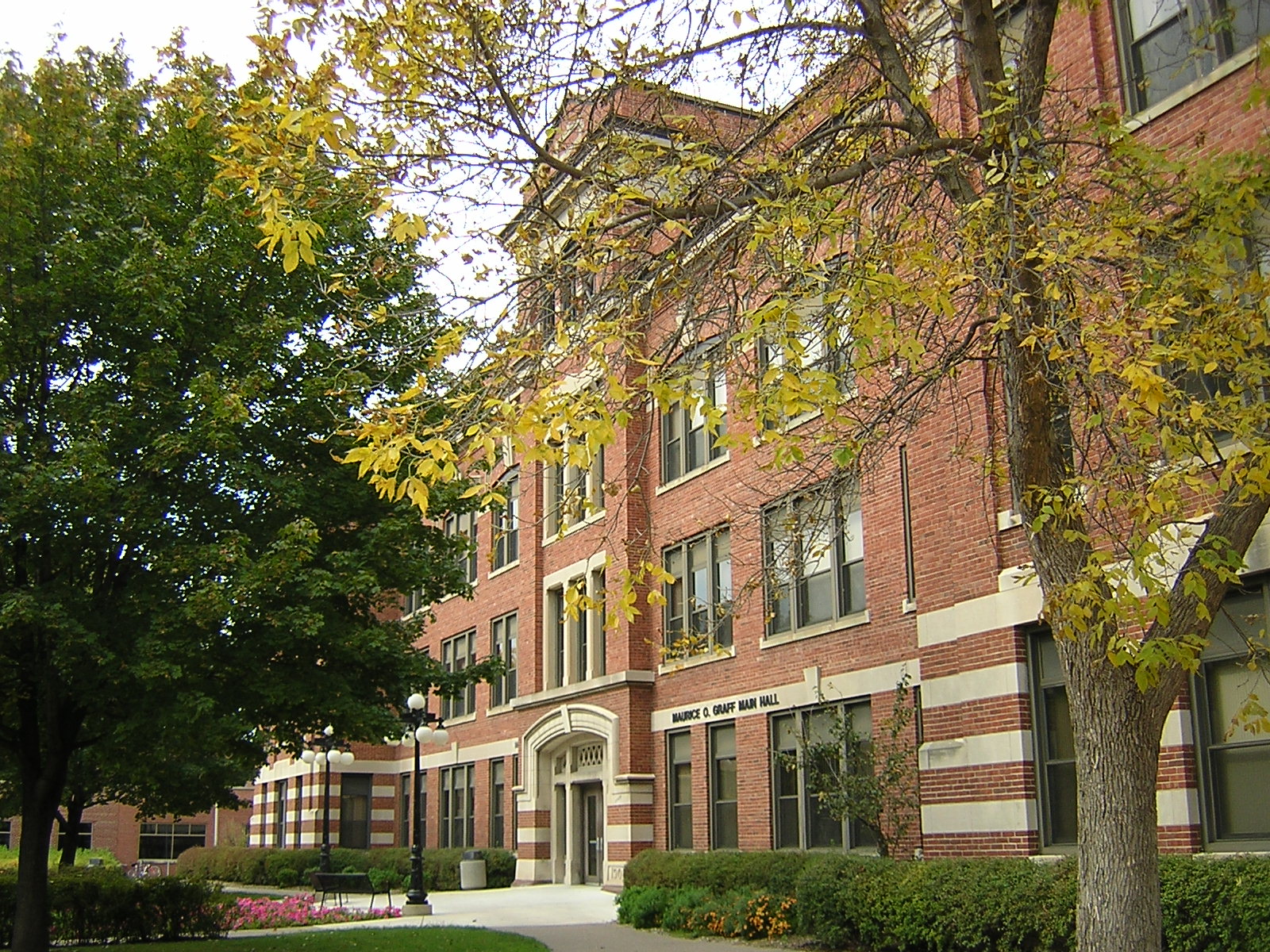The following article, “Professor’s research exposes environmental problem in Albania,” was posted on the University of Wisconsin, La Crosse’s news site, “Campus Connection,” on August 1:
Ryan Perroy’s ancestors are from Albania. He studied abroad in the European country as a graduate student. The land is close to his heart. That’s part of the reason he is so passionate about his research findings, which show the soil in one of Albania’s major cities is heavily contaminated.
In previous studies, Perroy, an assistant professor in the department of Geography & Earth Science, measured dangerously high levels of nickel, chromium, lead, and cadmium in soils around an industrial complex in Elbasan, a city of 100,000 people in central Albania. He traveled back to Europe June 30-July 17 to present his research findings at an international soil science conference in Bari, Italy, and to meet with Albanian government officials, public health researchers and other scientists to continue the research.
When Albania began to industrialize in the 1960s, the country tapped into its large chromium and nickel reserves. Rocks were mined and a large complex was built to process them in just outside the city of Elbasan. Unfortunately, industrial facilities built in this era were not environmentally clean. Located along a river and atop dusty soil, the contamination had great potential to spread.
In the mid-1990s the country’s communist dictatorship was overthrown and during a period of political anarchy, the complex became a burnt out shell. People moved into the complex to loot, live, plant crops and graze animals. It also became a patchwork of small-scale industry, which continues to produce contamination and waste in a way that is unsettling to Perroy. “In America and much of Europe at least, this is not typically what happens,” he explains. “Usually these areas are blocked off, so people cannot be exposed to the contamination on a day-to-day basis.” With smoke billowing into the air and industrial waste being dumped in a nearby river, Perroy decided to put his geography and earth science skills to the test.
Two years ago, Perroy and UW-L undergraduate student Brian Hill, a geography major, spent five weeks in Albania mapping the extent of the soil contamination. That work was supported by a number of UW-L grants, including a faculty development grant, international development grant and an Undergraduate Research & Creativity grant. His soil studies showed “extremely elevated levels” of primarily chromium, nickel and lead contamination in and around the facility, levels hundreds to thousands of times higher than what the U.S. Environmental Protection Agency recommends. Perroy says the contamination could potentially be spreading to people and animals through airborne dust as well as contaminated plants and animals they eat. He returned this summer with another UW-L international development grant and departmental support to continue his studies and present his findings thus far at the EuroSoil 2012 scientific conference in Bari, Italy. He hopes presenting this information to officials will lead the country to look more deeply into what the contamination means for public health.
Perroy continues to examine the extent of the contamination by evaluating hair and nail samples from people and animals within Albania, which he brought back to his lab at UW-L. He also collected food from gardens and water samples, which a research partner, Fatbardh Sallaku, professor and chair of the Agro-Environment and Ecology Department at the Agricultural University of Tirana, Albania, is analyzing. “Albania is a beautiful and fascinating country, full of generous and welcoming people. The ongoing environmental disaster in Elbasan is an unnecessary shame, and hopefully the results of our work can help begin to change the situation there for the better,” says Perroy. “There are opportunities for remediation, but the first step is to figure out what the actual situation is on the ground, which we have now essentially done.”
Editor’s note: Many thanks to Dr. Laurel Suter for bringing this material to our attention.





